Bulgaria and Ukrainian Migration: Temporary Solidarity or Lasting Labor Market Transformation?
More than three years after the outbreak of war in Ukraine, Bulgaria continues to host tens of thousands of Ukrainian citizens—mostly women and children fleeing the conflict. Initially seen as a temporary humanitarian act, by the summer of 2025 it is clear that the migration wave is bringing deep structural changes to Bulgarian society and the economy.
How many Ukrainians live and work in Bulgaria in 2025?
According to the State Agency for Refugees and the Ministry of Interior, as of June 2025, over 60,000 Ukrainians reside in Bulgaria under temporary protection. More than half are registered in Sofia, Plovdiv, Varna, and Burgas.
Nearly 18,000 Ukrainians are now legally employed, primarily in hospitality, IT services, education, and social care. There are also success stories of entrepreneurs, particularly in e-commerce, design, and language education.
Children’s integration and the education system
According to the Ministry of Education, over 7,500 Ukrainian children are enrolled in the Bulgarian school system. Despite language barriers and lack of adapted programs in some regions, schools in larger cities report progress. Additional preparatory classes have been established, and some municipalities offer free language courses for parents.
Ukrainian teachers’ diplomas have also been recognized, allowing many to work as assistants or in private educational centers.
Shifts in the labor landscape?
The presence of Ukrainians is particularly felt in sectors suffering from chronic labor shortages—tourism, logistics, and certain manufacturing fields. Employers say Ukrainian workers show adaptability and strong motivation, though hiring is often delayed by administrative hurdles.
However, tensions have emerged in high-unemployment regions, where locals fear "Ukrainians are taking jobs." Such sentiments are sometimes fueled by populist rhetoric, though there are no widespread cases of discrimination to date.
New communities and cultural exchange
Ukrainian cultural centers are active in Plovdiv, Varna, and Burgas, organizing events, Bulgarian language lessons, and mutual aid. A new network of informal social connections is supporting integration.
Interestingly, the reverse also occurs—many Bulgarians participate in Ukrainian initiatives, fostering cross-cultural understanding beyond official policy.
What lies ahead for the summer?
The European Union is expected to extend temporary protection measures at least until March 2027, enabling Ukrainians to continue residing and working legally. The Bulgarian government is also preparing long-term integration programs, including housing subsidies, vocational training, and diploma recognition.
Still, some Ukrainians may leave Bulgaria in search of better conditions in Western Europe, especially if long-term prospects or legal clarity are not provided.
Temporary help or lasting opportunity?
The key question is whether Bulgaria can turn this migration wave into an opportunity. In the context of an aging population and demographic decline, the Ukrainian community could be a long-term resource—if institutional barriers are addressed and integration is approached strategically.
Summer 2025 may be the moment when temporary solidarity turns into a long-term investment in Bulgaria’s future.
You may also like
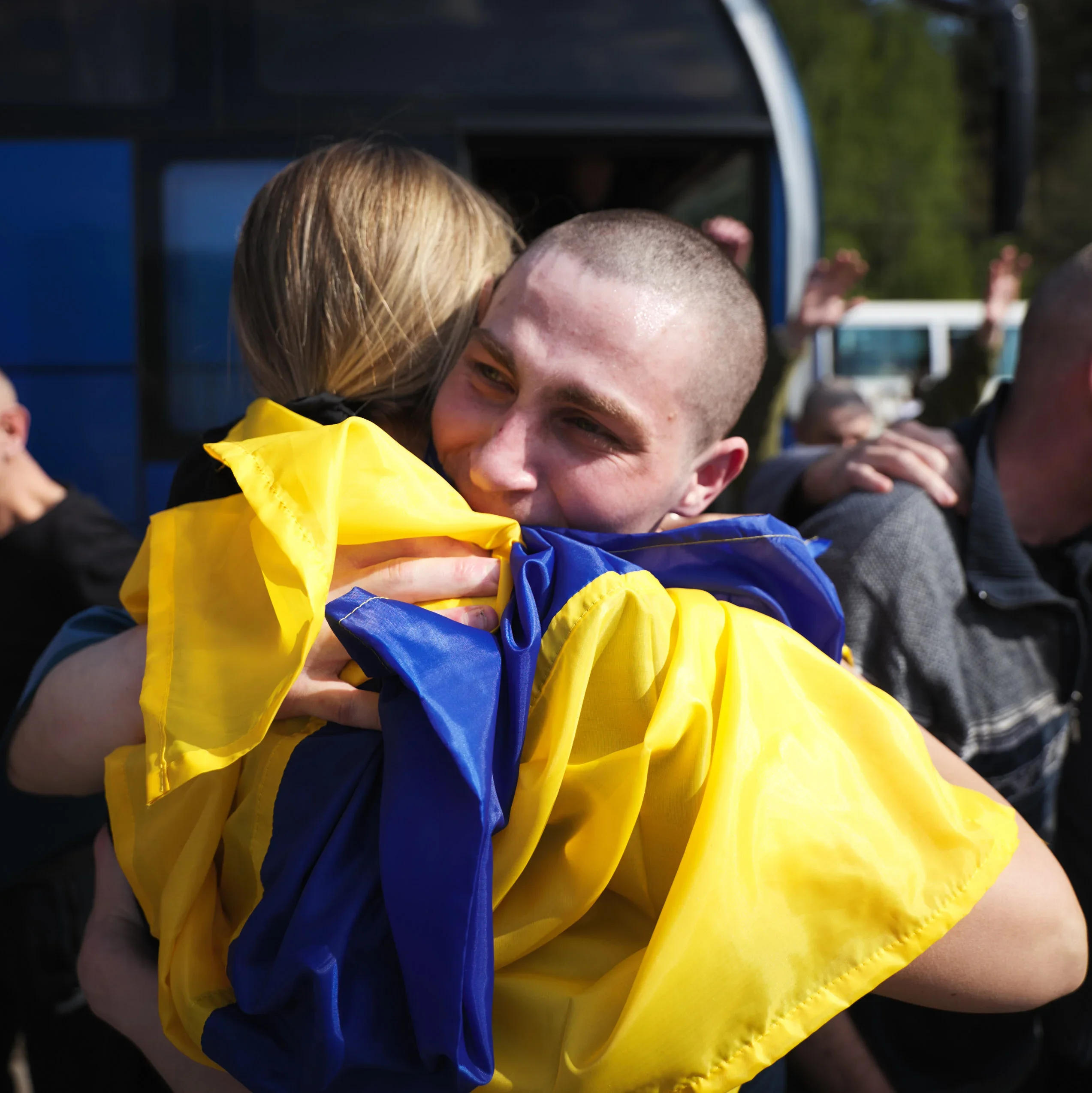 Over 220,000 Ukrainians have received temporary protection in Bulgaria since the start of the war
Over 220,000 Ukrainians have received temporary protection in Bulgaria since the start of the war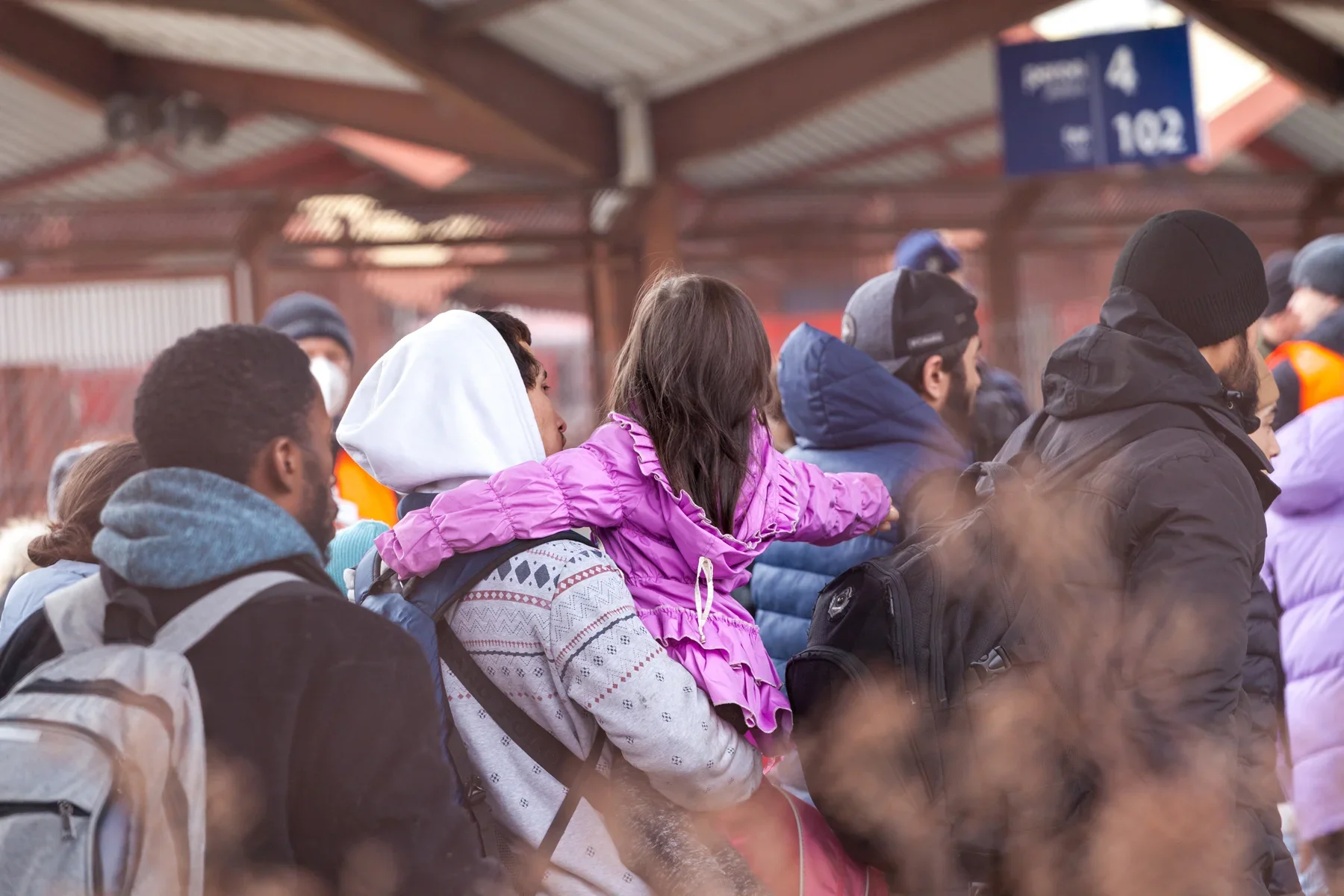 Will the temporary protection for Ukrainians in Bulgaria be extended until 2027 and what does this mean in practice
Will the temporary protection for Ukrainians in Bulgaria be extended until 2027 and what does this mean in practice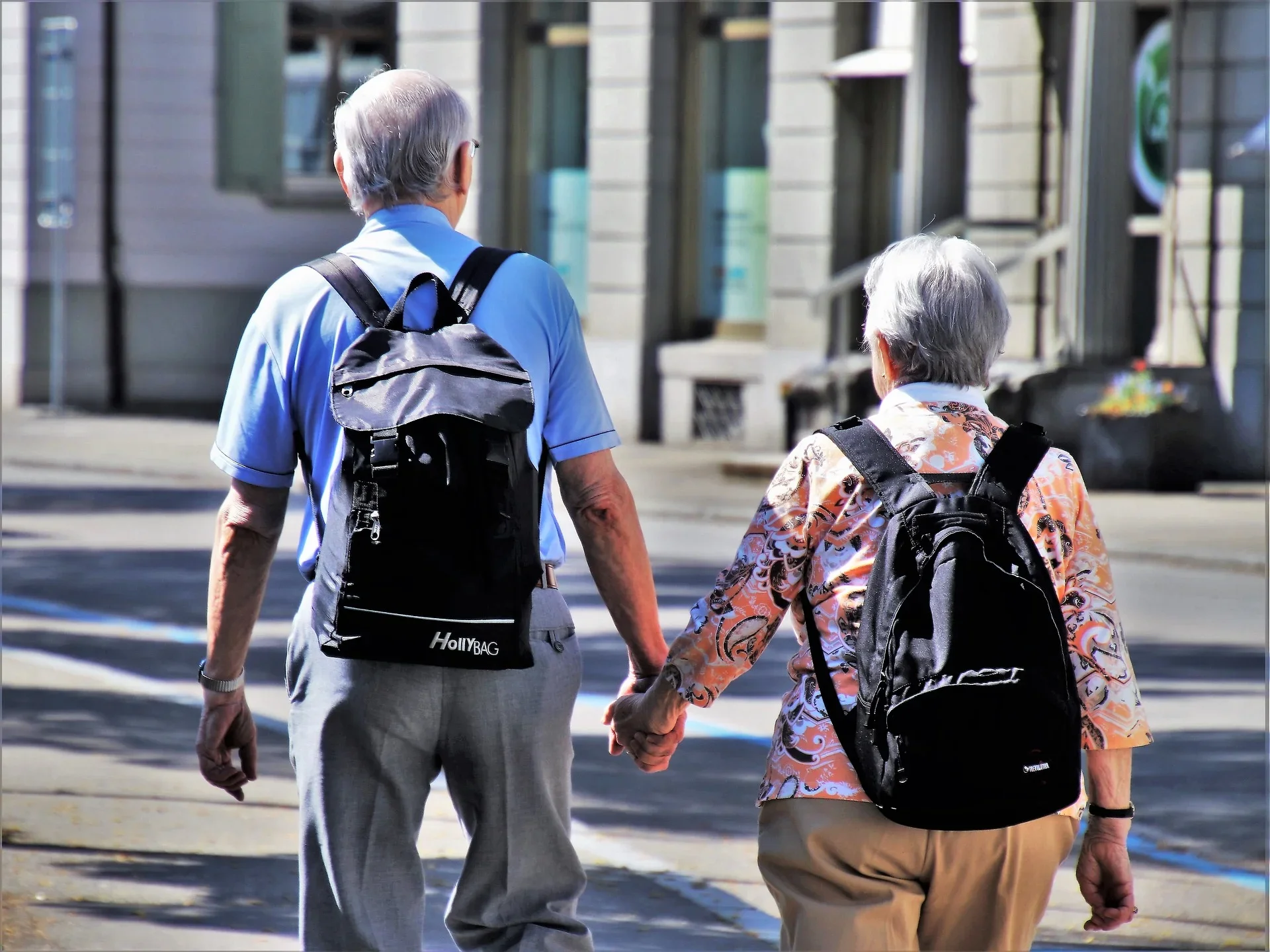 Demographic decline as an economic shock: how Bulgaria is aging and this is already felt in pensions, healthcare and regions
Demographic decline as an economic shock: how Bulgaria is aging and this is already felt in pensions, healthcare and regions Young Families and Demographics: How to Bring Back Nine Million to Bulgaria?
Young Families and Demographics: How to Bring Back Nine Million to Bulgaria?
Disclaimer:
This article is an analytical review by the BurgasMedia editorial board and reflects the opinion of an expert group based on current political, economic, and social developments.
The conclusions presented are not predictions or factual statements, but a hypothetical interpretation of possible scenarios.
The publication is not responsible for any discrepancies with future developments and encourages readers to form independent judgments based on verified sources.

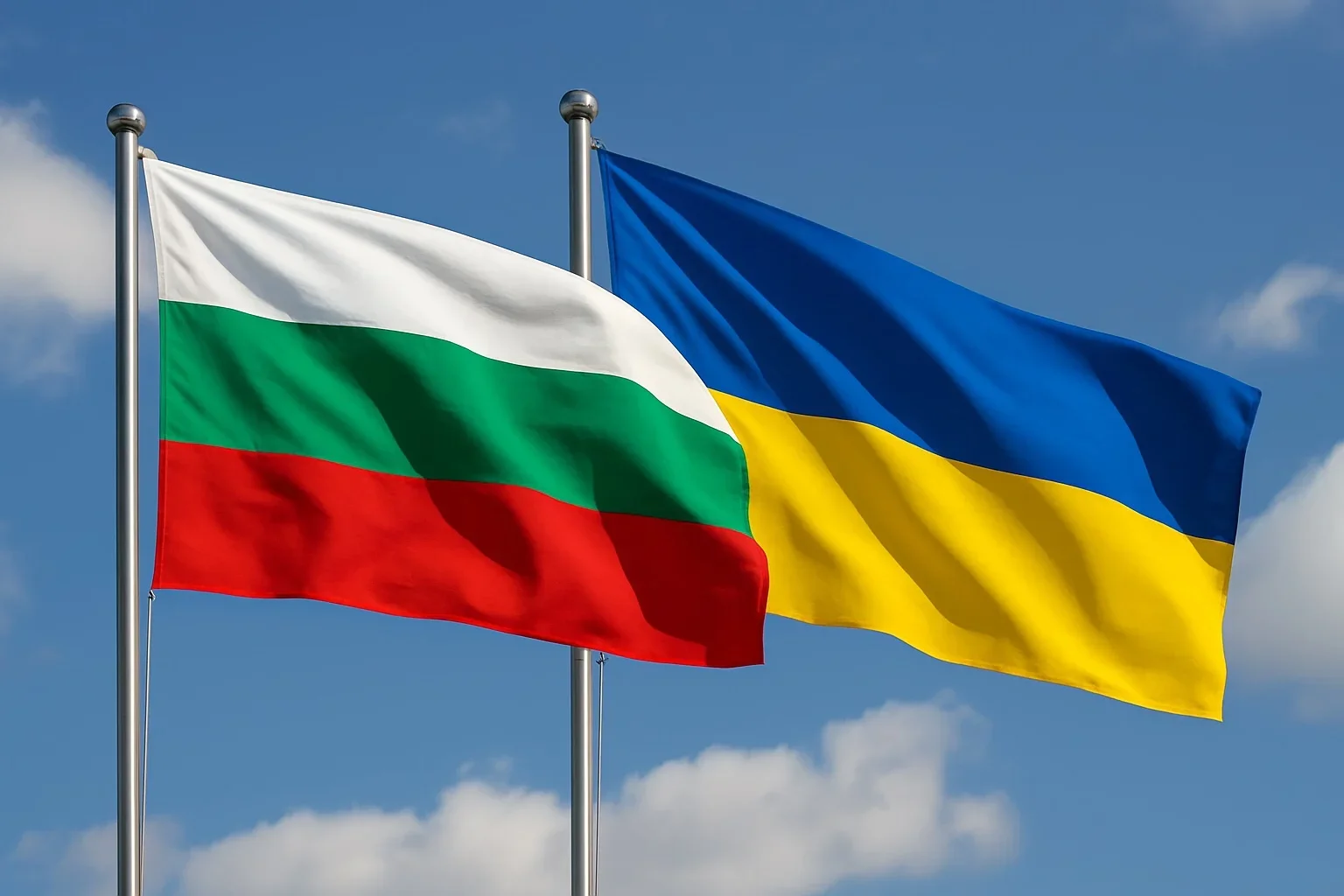

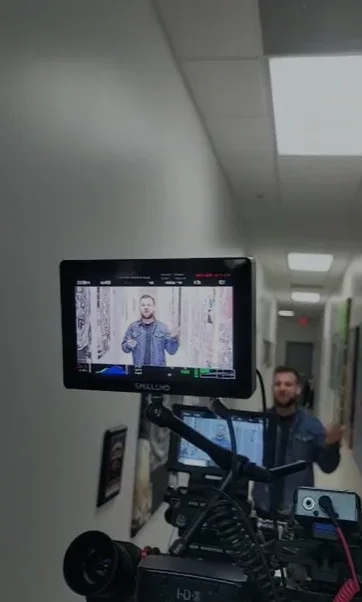
Коментари (0)
Все още няма коментари.